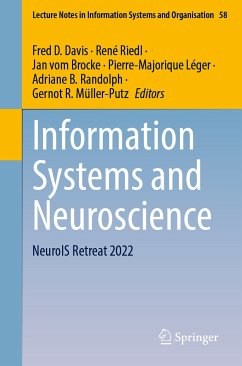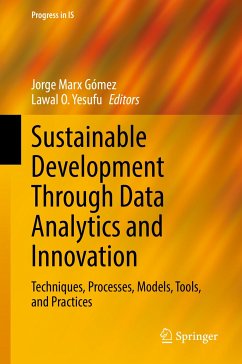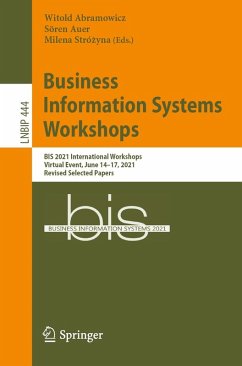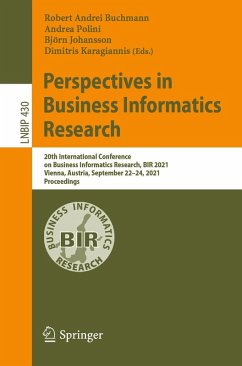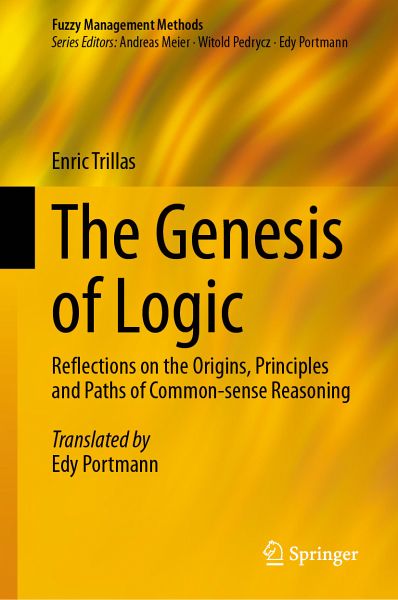
The Genesis of Logic (eBook, PDF)
Reflections on the Origins, Principles and Paths of Common-sense Reasoning
Übersetzer: Portmann, Edy
Versandkostenfrei!
Sofort per Download lieferbar
96,95 €
inkl. MwSt.
Weitere Ausgaben:

PAYBACK Punkte
48 °P sammeln!
The Genesis of Logic addresses the principles of common-sense reasoning, which are employed in everyday decision-making processes and extend beyond deductive reasoning alone. Linked to language, logic inherits its flexibility. These are a few laws, the 'formal skeleton of reasoning,' based on the relationship of linguistic inference that, while needing to be represented in each context, allow for the consideration of non-comparable, orthogonal statements. By facilitating deduction and abduction, speculation emerges as a fundamental intellectual operation. As a whole, this work offers a new gen...
The Genesis of Logic addresses the principles of common-sense reasoning, which are employed in everyday decision-making processes and extend beyond deductive reasoning alone. Linked to language, logic inherits its flexibility. These are a few laws, the 'formal skeleton of reasoning,' based on the relationship of linguistic inference that, while needing to be represented in each context, allow for the consideration of non-comparable, orthogonal statements. By facilitating deduction and abduction, speculation emerges as a fundamental intellectual operation. As a whole, this work offers a new genetic-evolutionary perspective to reconsider Logic, a panoramic outlook that examines laws outside the skeleton as local laws, necessary for the validity of specialized reasoning. It moves away from the rigid reticular structure of sets of statements and views induction as the search for speculations, non-monotonic reasoning as speculative, and conjecture, only proven in finite Boolean algebras,that reasoning involves following paths of inference in a zigzag pattern, alternating between deduction and abduction.
Dieser Download kann aus rechtlichen Gründen nur mit Rechnungsadresse in A, B, BG, CY, CZ, D, DK, EW, E, FIN, F, GR, HR, H, IRL, I, LT, L, LR, M, NL, PL, P, R, S, SLO, SK ausgeliefert werden.





